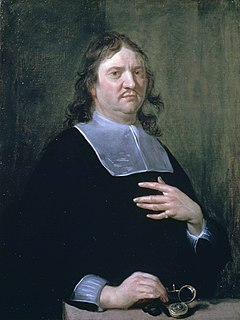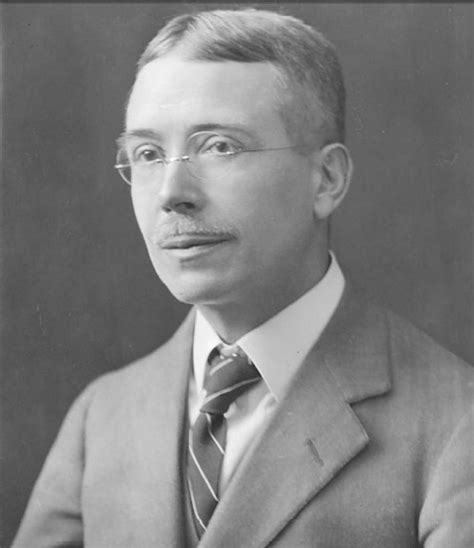A Quote by Joseph Butler
Every man hath a general desire of his own happiness; and likewise a variety of particular affections, passions, and appetites to particular external objects.
Related Quotes
There is a great difference, whether the poet seeks the particular for the sake of the general or sees the general in the particular. From the former procedure there ensues allegory, in which the particular serves only as illustration, as example of the general. The latter procedure, however, is genuinely the nature of poetry; it expresses something particular, without thinking of the general or pointing to it.
The power, indeed, of every individual is small, and the consequence of his endeavours imperceptible, in a general prospect of the world. Providence has given no man ability to do much, that something might be left for every man to do. The business of life is carried on by a general co-operation; in which the part of any single man can be no more distinguished, than the effect of a particular drop when the meadows are floated by a summer shower: yet every drop increases the inundation, and every hand adds to the happiness or misery of mankind.
The King saw them with no common satisfaction, expressing his desire in no particular to have yt Stellar fish engraven and printed. We wish very much, Sir, yt you could procure for us a particular description of yesd Fish, viz. whether it be common there; what is observable in it when alive; what colour it then hath; what kind of motion in the water; what use it maketh of all that curious workmanship, wch Nature hath adorn'd it with?
In a sense, every tool is a machine--the hammer, the ax, and the chisel. And every machine is a tool. The real distinction is between one man using a tool with his hands and producing an object that shows at every stage the direction of his will and the impression of his personality; and a machine which is producing, without the intervention of a particular man, objects of a uniformity and precision that show no individual variation and have no personal charm. The problem is to decide whether the objects of machine production can possess the essential qualities of art.
Is it not remarkable that the common repute which we all give to attorneys in the general is exactly opposite to that which every man gives to his own attorney in particular? Whom does anybody trust so implicitly as he trusts his own attorney? And yet is it not the case that the body of attorneys is supposed to be the most roguish body in existence?
According to the technical language of old writers, a thing and its qualities are described as subject and attributes; and thus a man's faculties and acts are attributes of which he is the subject. The mind is the subject in which ideas inhere. Moreover, the man's faculties and acts are employed upon external objects; and from objects all his sensations arise. Hence the part of a man's knowledge which belongs to his own mind, is subjective: that which flows in upon him from the world external to him, is objective.




































